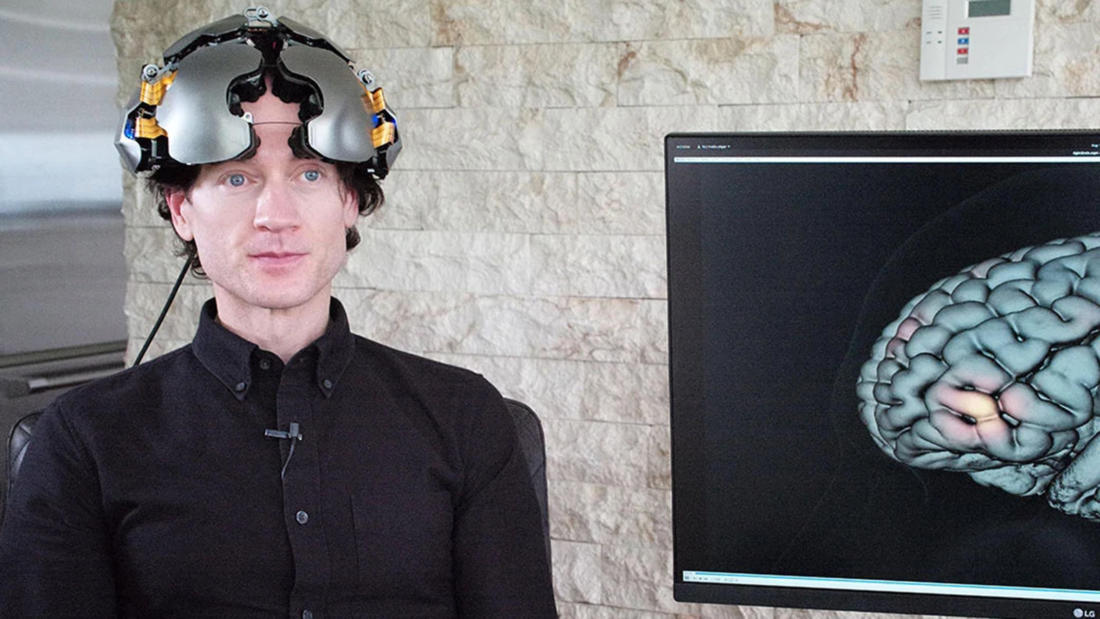
Lawrence Arts Center Lawrence, KS
Jeffrey M. Burns, MD, MS
Edward H. Hashinger Professor of Medicine and the Co-Director of the University of Kansas Alzheimer’s Disease Research Center
Theatre of Thought— Big plans for brains
Program Description
Technological advancements have brought a new era for Alzheimer’s Disease diagnostics and treatment. Explore innovative new research in the memory centers of the human brain, including how exercise, nutrition and metabolism relate to dementia, in this pre-show presentation by neuroscientist Dr. Jeffrey Burns, co-founder of the KU Alzheimer’s Disease Center
This event is part of our 2024 National Evening of Science on Screen.
Presented At
Lawrence Arts Center Lawrence, KS
Film Synopsis
Werner Herzog shows off his fascination with the human brain in his latest documentary.
Werner Herzog sets his sights on yet another mysterious landscape — the human brain — for clues as to why a hunk of tissue can produce profound thoughts and feelings while considering the philosophical, ethical, and social implications of fast-advancing neural technology.
About the Speaker
Jeffrey M. Burns, MD, MS is the Edward H. Hashinger Professor of Medicine and the Co-Director of the University of Kansas Alzheimer’s Disease Research Center (KU ADRC) ), one of 33 nationally designated centers in the country. Dr. Burns also directs the Department of Neurology’s Neurocognitive Division, the Clinical and Translational Science Unit – Fairway, and the KU ADRC’s Clinical Core, which is a site for national clinical trial networks.
Dr. Burns started the Alzheimer’s clinical research program at the University of Kansas Medical Center in 2004. His education includes a BA (English and Japanese) from the University of Notre Dame, medical school at the University of Kansas Medical Center, neurology residency at the University of Virginia, and a post-doctoral fellowship in Alzheimer’s at Washington University in St. Louis. He then returned to his hometown of Kansas City to start the Alzheimer’s clinical program to stimulate and support AD and aging research locally while pursuing research investigating how various lifestyle factors influence brain aging and AD. The program has grown into a vibrant research and training environment for AD and brain aging research. Dr. Burns has been continuously funded as a PI by the NIH since 2005 for work focused on how various lifestyle factors influence brain aging and AD progression.